At TheHealthBoard, we're committed to delivering accurate, trustworthy information. Our expert-authored content is rigorously fact-checked and sourced from credible authorities. Discover how we uphold the highest standards in providing you with reliable knowledge.
What is a Gingivectomy?
Gingivectomy is a dental procedure often done for both cosmetic and health-related reasons. It involves the removal of some of the tissue of the gingiva, or gums, to achieve a more pleasing appearance, or to make the teeth and gumline easier to clean. The gingivectomy was developed to treat periodontal disease. While it is still used to treat this condition, gingivectomy is now more commonly used as a cosmetic surgery.
To cure gum disease, gingivectomy is often used where other methods have failed, and before the progression of the disease threatens the bone and ligaments that support the teeth. It can reshape or remove gum tissue that is loose or diseased, as well as closing gaps that form between the teeth and gums. The procedure is performed by an oral surgeon or gum specialist.

One quarter of the mouth is usually worked on at a time, after having been numbed by Novocaine™ or other local anesthetic. Once the area is numb, a laser is used to precisely cauterize and remove gum tissue. Once the procedure is complete, the surgeon places a special putty over the gumline to protect it and to facilitate healing. Complete healing takes a few days or weeks, after which the gums should take on a much more healthy appearance.

To maintain gum health after this procedure, regular brushing and flossing are essential. All tobacco use should also be eliminated, otherwise there is a high level of risk that gum disease will continue to worsen. It is not uncommon for a gingivectomy patient to be prescribed mild antibiotics to take after the surgery, as a precaution against infection. Overall, most gum surgeries are fairly simple procedures, and any postoperative pain can be greatly reduced by over-the-counter pain medicines, such as aspirin, ibuprofen, and acetaminophen.

Apart from the treatment of gum disease, there are also other reasons this procedure may be performed. Sometimes, pockets or gaps can form between teeth and gums, which may trap bacteria or small bits of food, and be hard to keep clean. In this case, the procedure is used to remove some soft tissue and thus eliminate the problem. In other cases, there may be too much gum tissue around the teeth, or it may extend too low. Some people may dislike the effect this has on their appearance, especially their smile, and will elect to have the surgery to correct this issue.
AS FEATURED ON:
AS FEATURED ON:










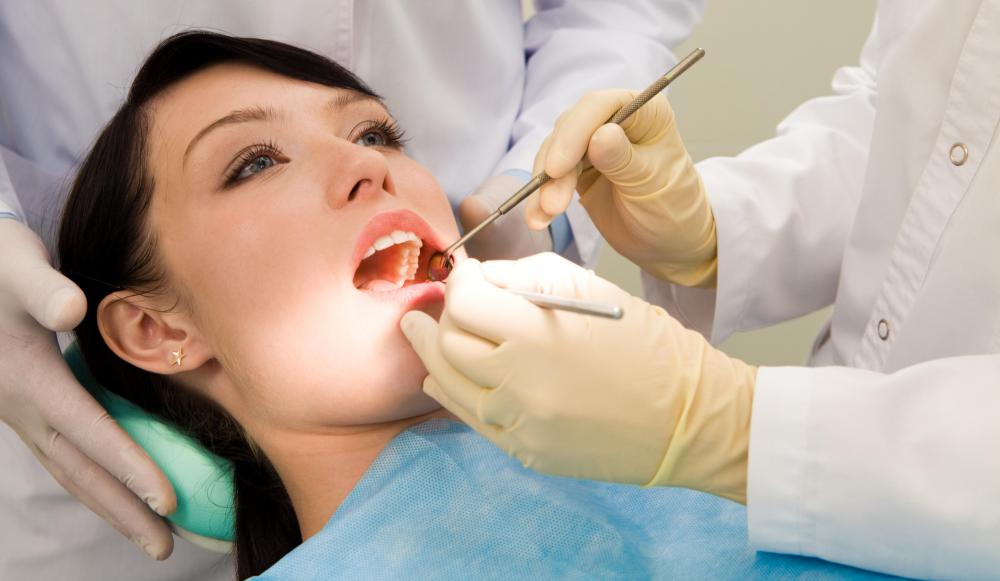
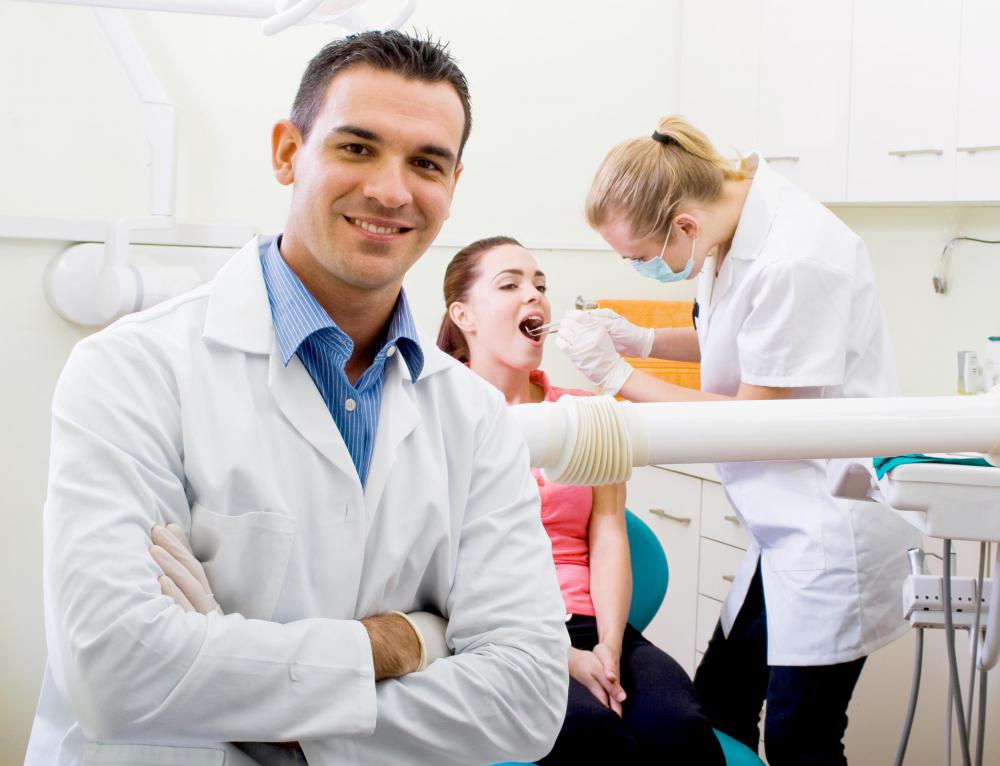
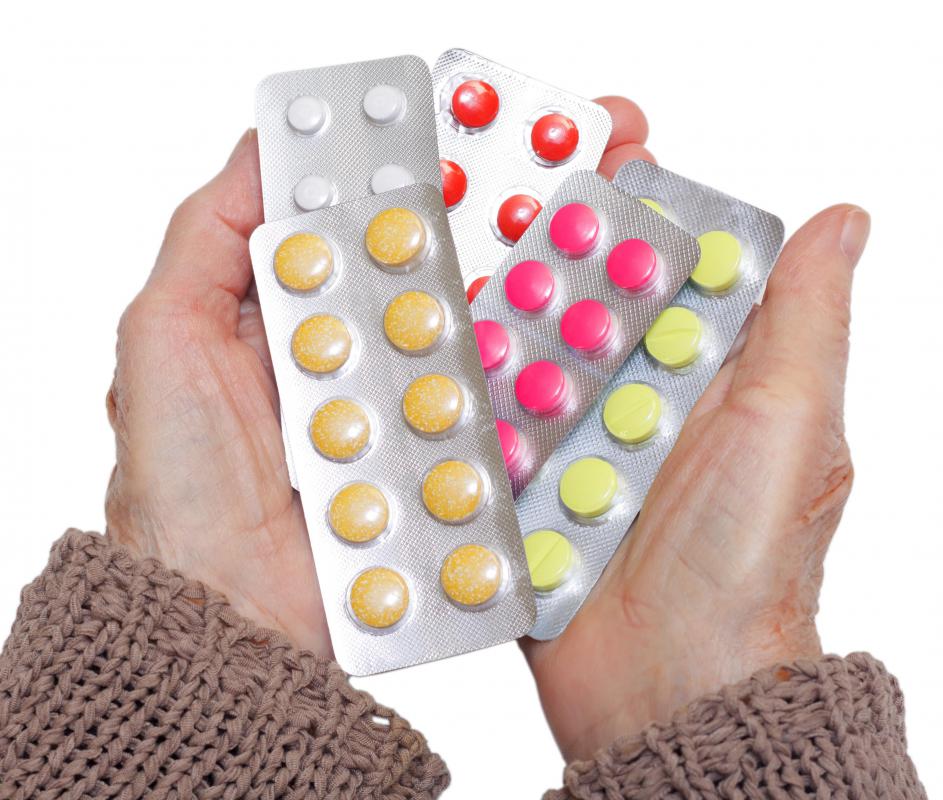
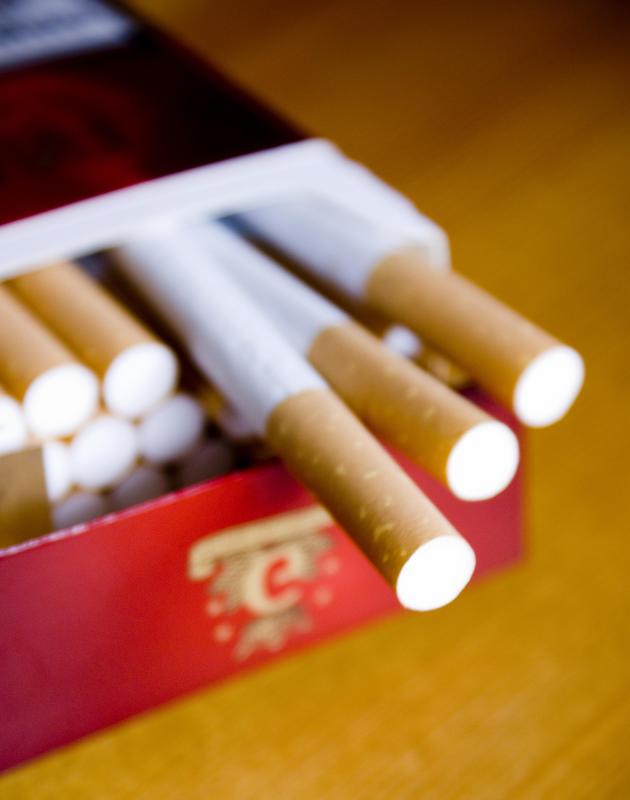
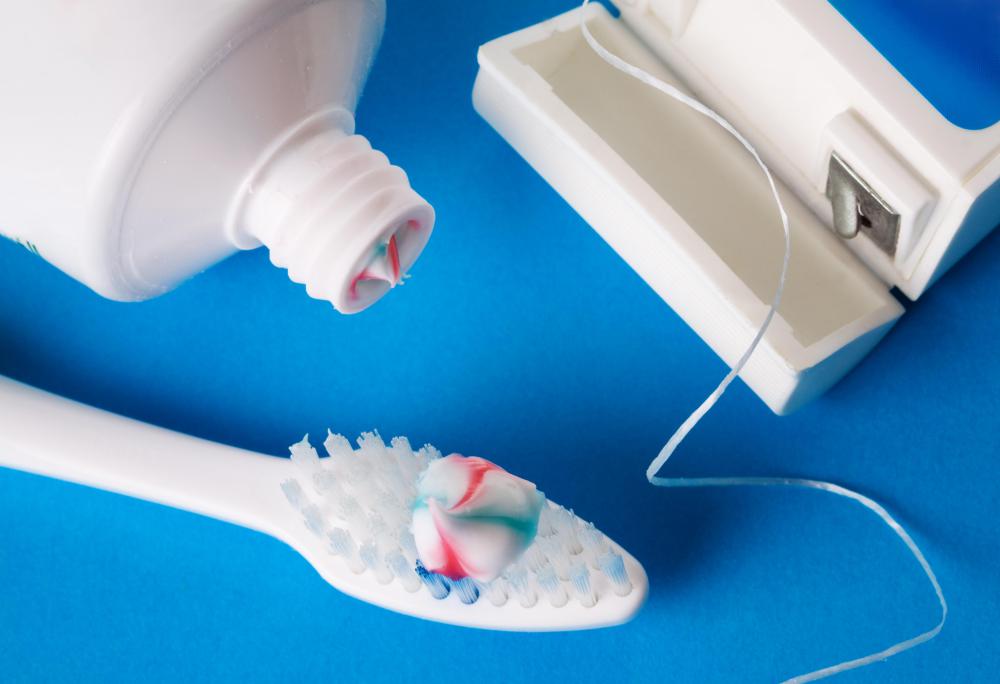


Discussion Comments
As I aged, I began to notice my receding gums becoming more pronounced. As they pulled away from my teeth, the excess gum tissue clumped up above and around them. My gums became sensitive and would bleed during a dental cleaning.
My dentist recommended a gingivectomy. I really wanted my old smile back, so I agreed to have the procedure.
I couldn’t feel a thing during the surgery. Having your gums numbed is a weird sensation. It just felt wrong, but I’m glad that my nerves couldn’t sense what was going on.
For the first two days after the gingivectomy, my gums bled a little. My dentist told me to expect this. He gave me antibiotics to prevent infections while my gums healed.
I had a gingivectomy to fix problems caused by my gum disease. The dentist used a laser to reduce the amount of bleeding and speed up my recovery.
He told me to avoid brushing right up against the area where he placed the putty for the seven days it needed to stay on my gums. He said I should eat only soft foods and drink either cool or lukewarm fluids for awhile.
I was afraid I would be in intense pain after the anesthetic wore off, but it wasn’t so bad. I took ibuprofen, and it was strong enough to take the pain away.
Post your comments